
What is Biochemistry?
Biochemistry is the branch of science that studies the chemical processes and substances that occur within living organisms. It connects biology and chemistry to explain how cells and tissues function at the molecular level.
In simpler terms, biochemistry helps us understand how the body works at a cellular and chemical level—from how we digest food and produce energy to how hormones function and how diseases develop.
It involves the study of:
- Proteins
- Enzymes
- Hormones
- DNA/RNA
- Metabolism
- Vitamins and minerals
- Blood and body fluids
What Do Biochemists or Biochemistry Labs Do?
In a clinical setting, biochemistry tests help measure various substances in blood, urine, and other body fluids to diagnose or monitor diseases.
Examples of common biochemical tests:
- Blood sugar (glucose) – for diabetes
- Liver function tests (LFTs)
- Kidney function tests (KFTs)
- Lipid profile – cholesterol levels
- Thyroid function tests (T3, T4, TSH)
- Electrolyte levels (sodium, potassium)
- Cardiac markers (like Troponin) – for heart attacks
- HbA1c – long-term glucose control
Why Biochemistry Matters in Healthcare
🩺 1. Early Diagnosis of Diseases
Biochemical tests can detect abnormalities in the body before symptoms appear. For example:
High blood sugar levels may indicate early-stage diabetes.
Abnormal liver enzymes may indicate hepatitis or liver damage.
🧪 2. Monitoring Chronic Conditions
Once a disease is diagnosed, biochemical tests help monitor its progression and treatment effectiveness:
HbA1c monitors long-term diabetes control.
Creatinine and urea monitor kidney health in patients with kidney disease.
🧬 3. Detecting Organ Dysfunction
Biochemistry can reveal problems in organs like:
- Liver (through ALT, AST, bilirubin)
- Kidneys (creatinine, urea)
- Heart (cardiac enzymes like CK-MB, Troponin)
- Pancreas (amylase, lipase)
💊 4. Guiding Treatment Plans
The results from biochemical tests help doctors:
Adjust medications (e.g., insulin doses in diabetes)
- Plan surgeries
- Avoid drug interactions
Monitor side effects of treatments (e.g., liver damage from certain drugs)
👩⚕️ 5. Essential for Preventive Healthcare
Routine biochemical tests during health checkups help in:
- Screening lifestyle diseases like diabetes, cholesterol imbalance
- Preventing complications by detecting risks early
- Promoting health awareness
🧠 6. Understanding Genetic and Metabolic Disorders
Biochemistry also helps diagnose:
- Inborn errors of metabolism in newborns
- Hormonal imbalances (like hypothyroidism or PCOD)
- Nutritional deficiencies (like Vitamin D or B12)
Role of Biochemistry in Diagnostic Centers
Biochemistry forms the backbone of laboratory diagnostics. Most routine tests ordered by doctors are biochemical in nature. Reliable, accurate, and timely biochemical testing is crucial for:
- Patient diagnosis
- Emergency care (e.g., heart attack or kidney failure)
- ICU monitoring
- Long-term disease management
Conclusion:
Biochemistry plays a central role in modern medicine. It provides a window into the inner workings of the human body by measuring the chemical substances that keep us alive. From diagnosing diseases to guiding treatments and monitoring recovery, biochemistry is essential for effective, evidence-based healthcare.
As science and technology continue to evolve, biochemistry will only grow in importance, offering even more precise insights into human health and disease.
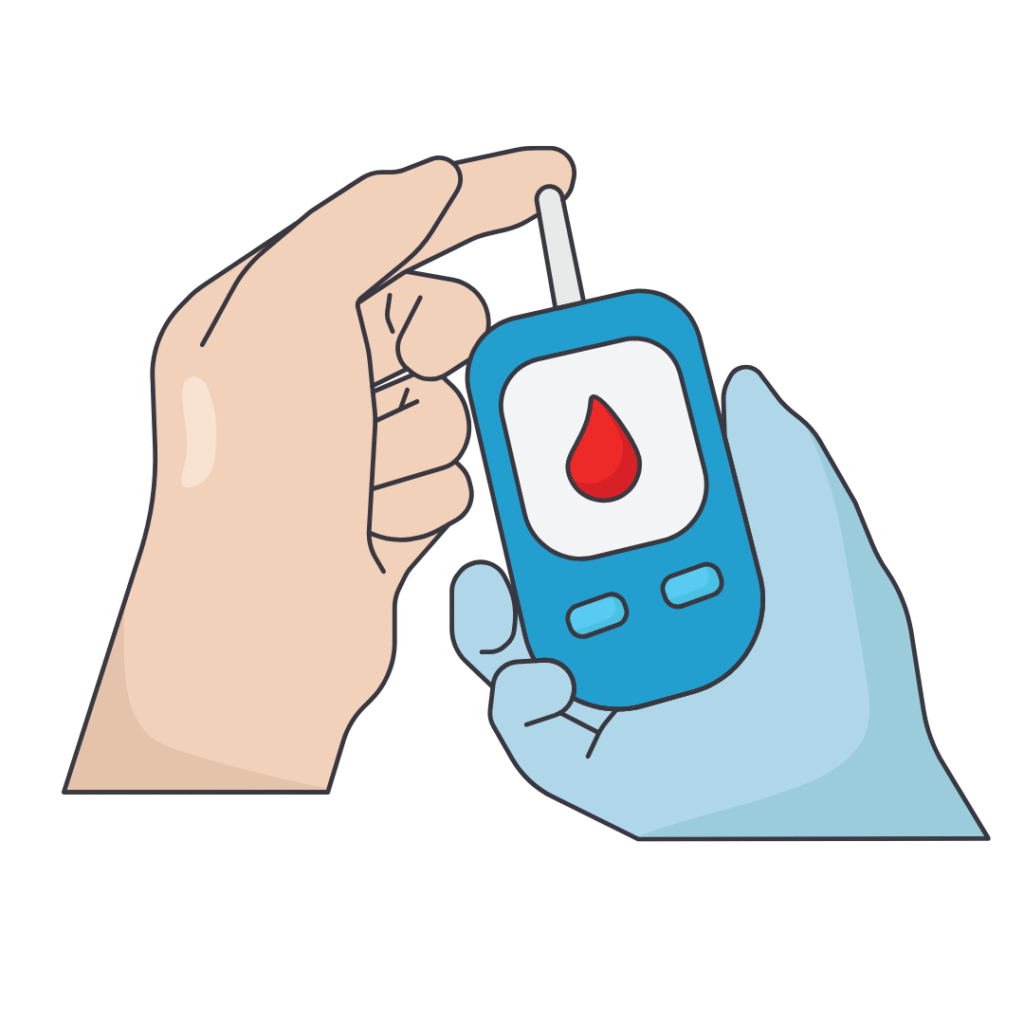
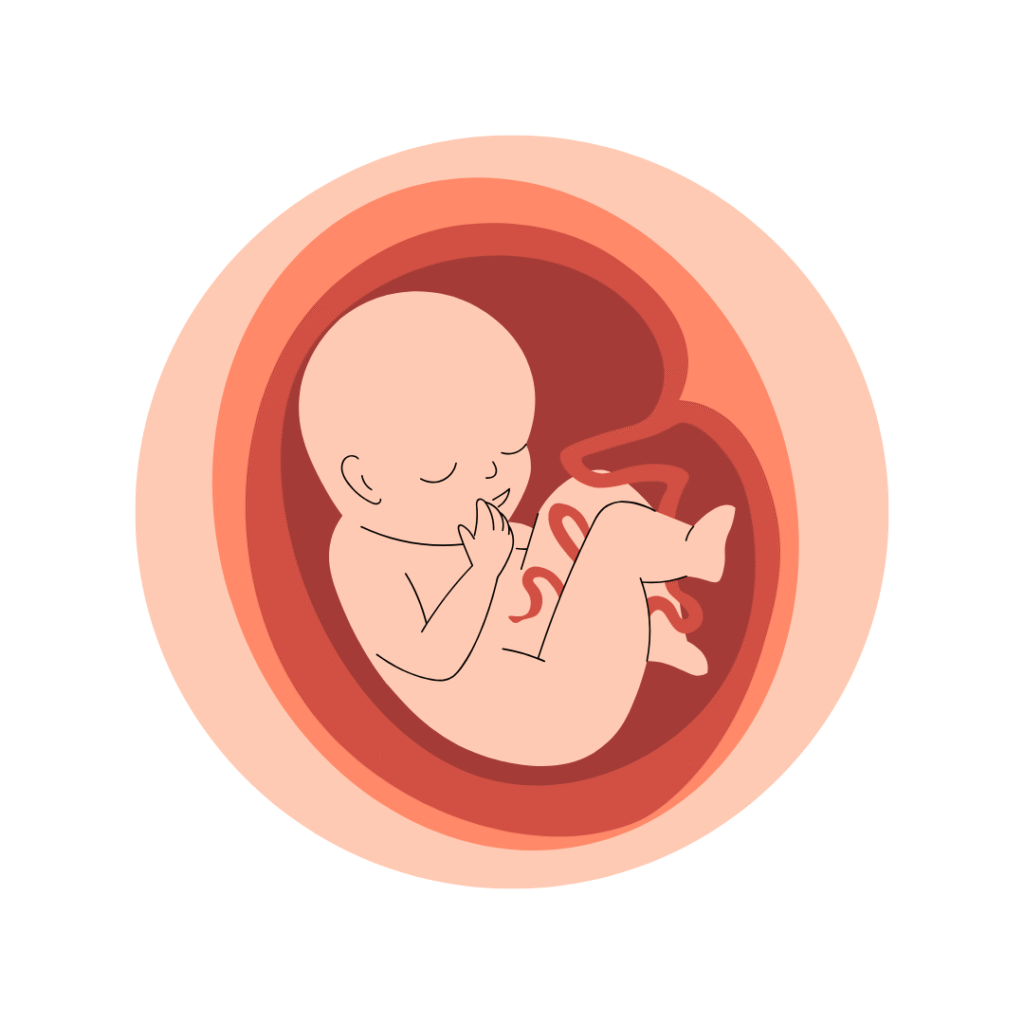
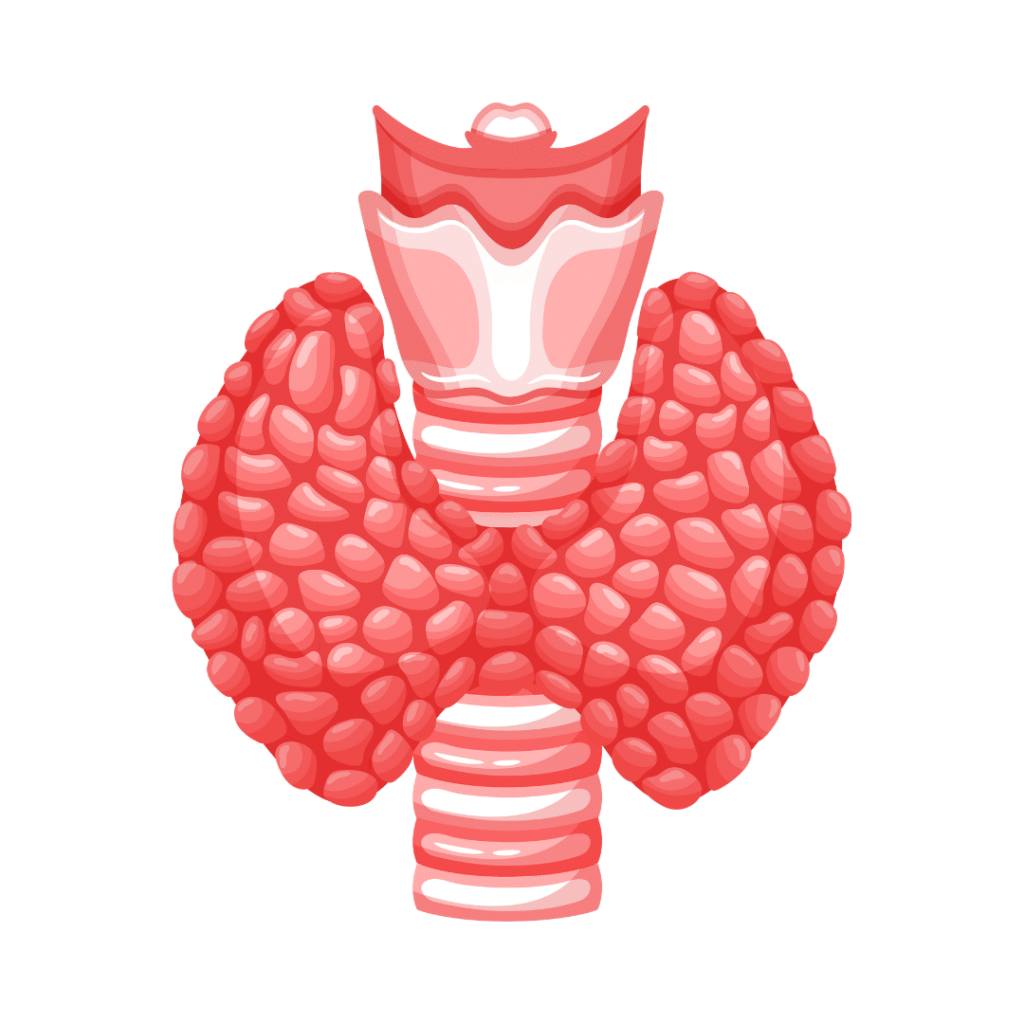
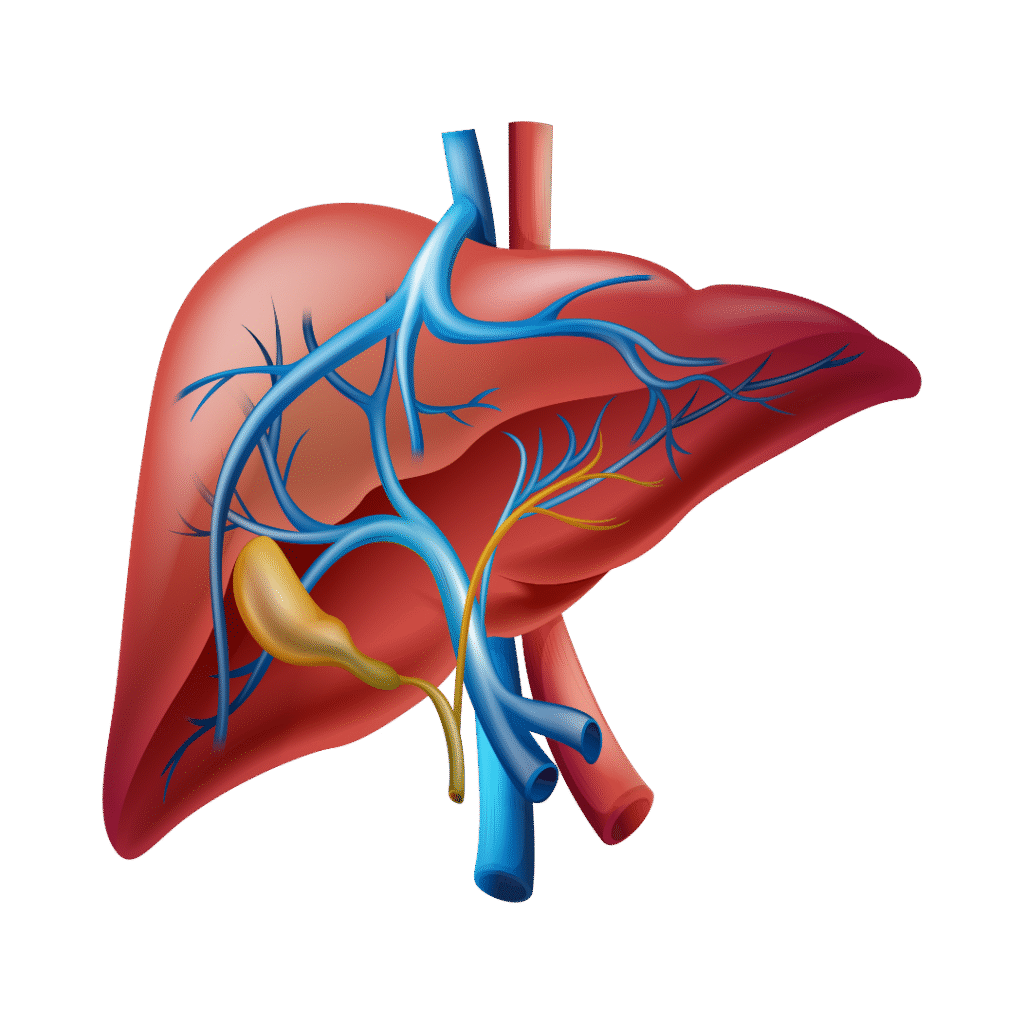
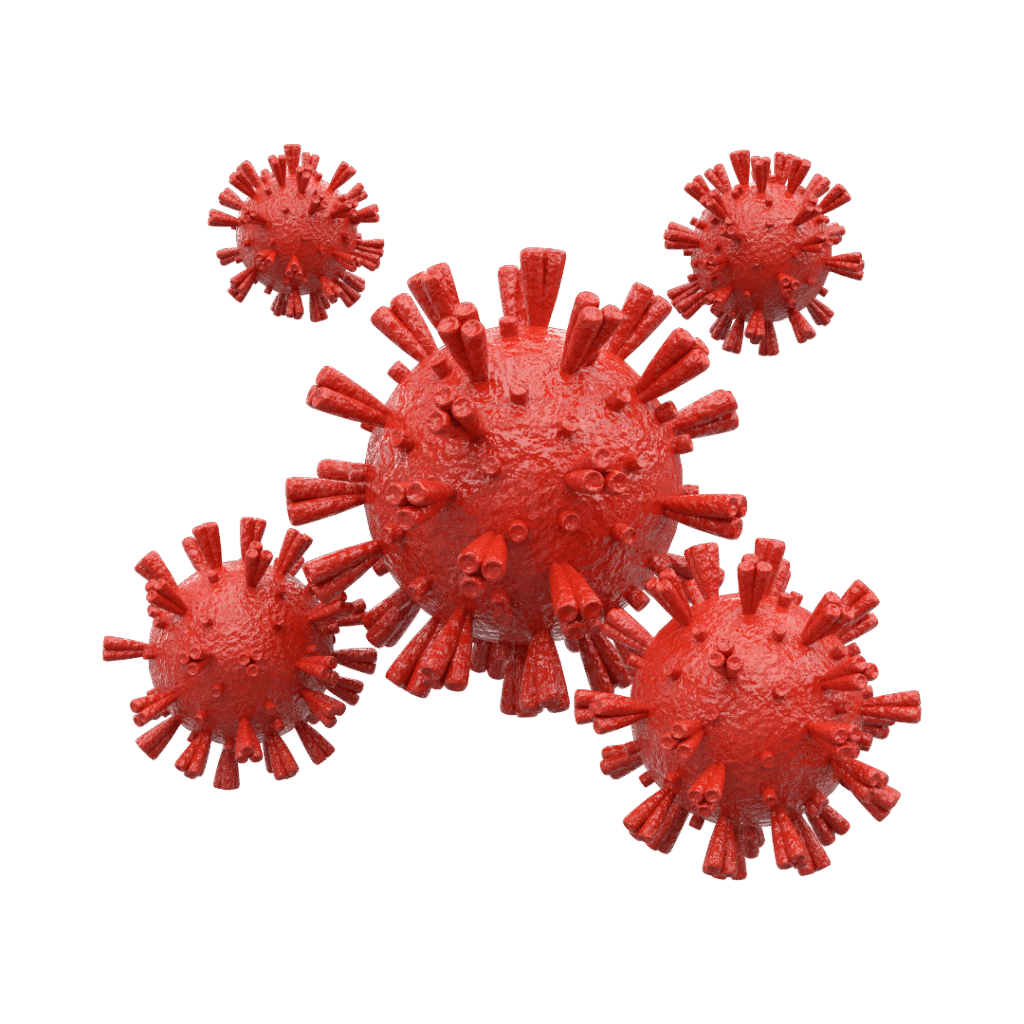
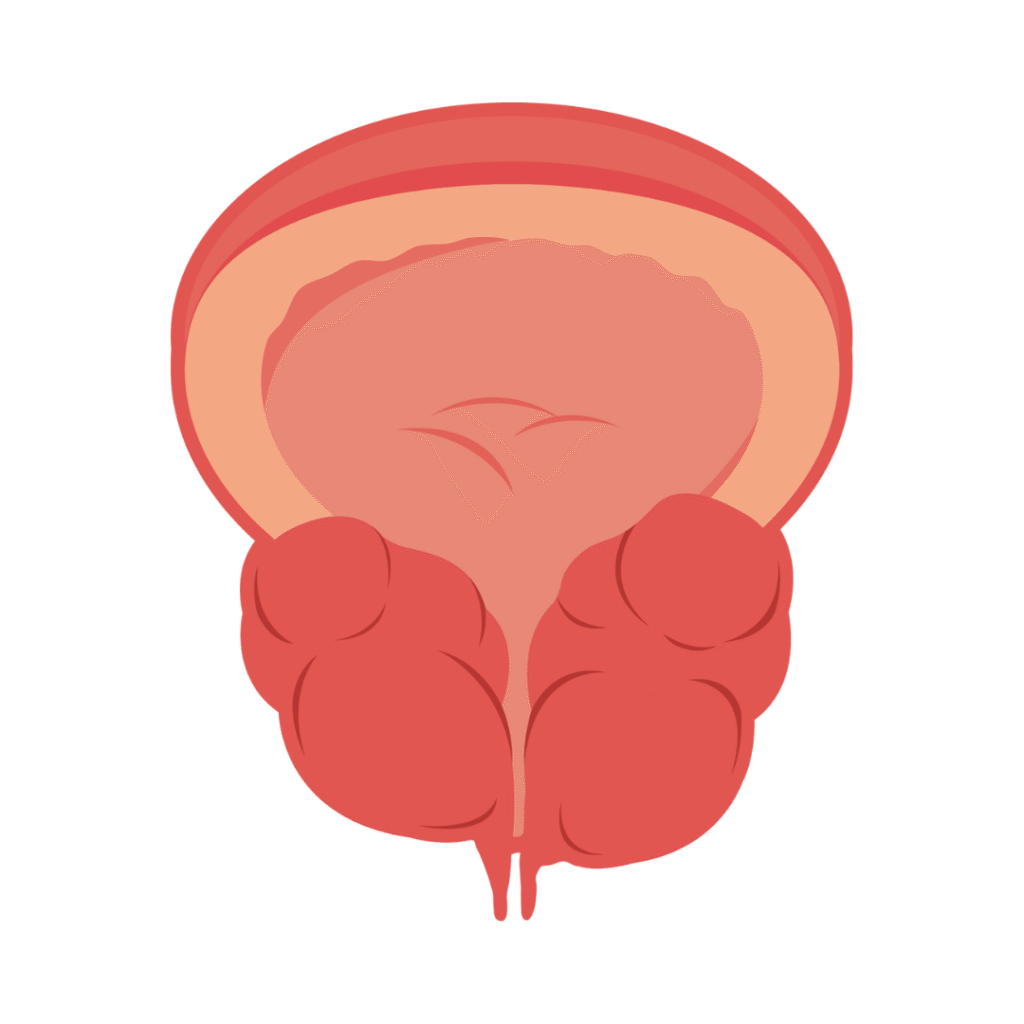

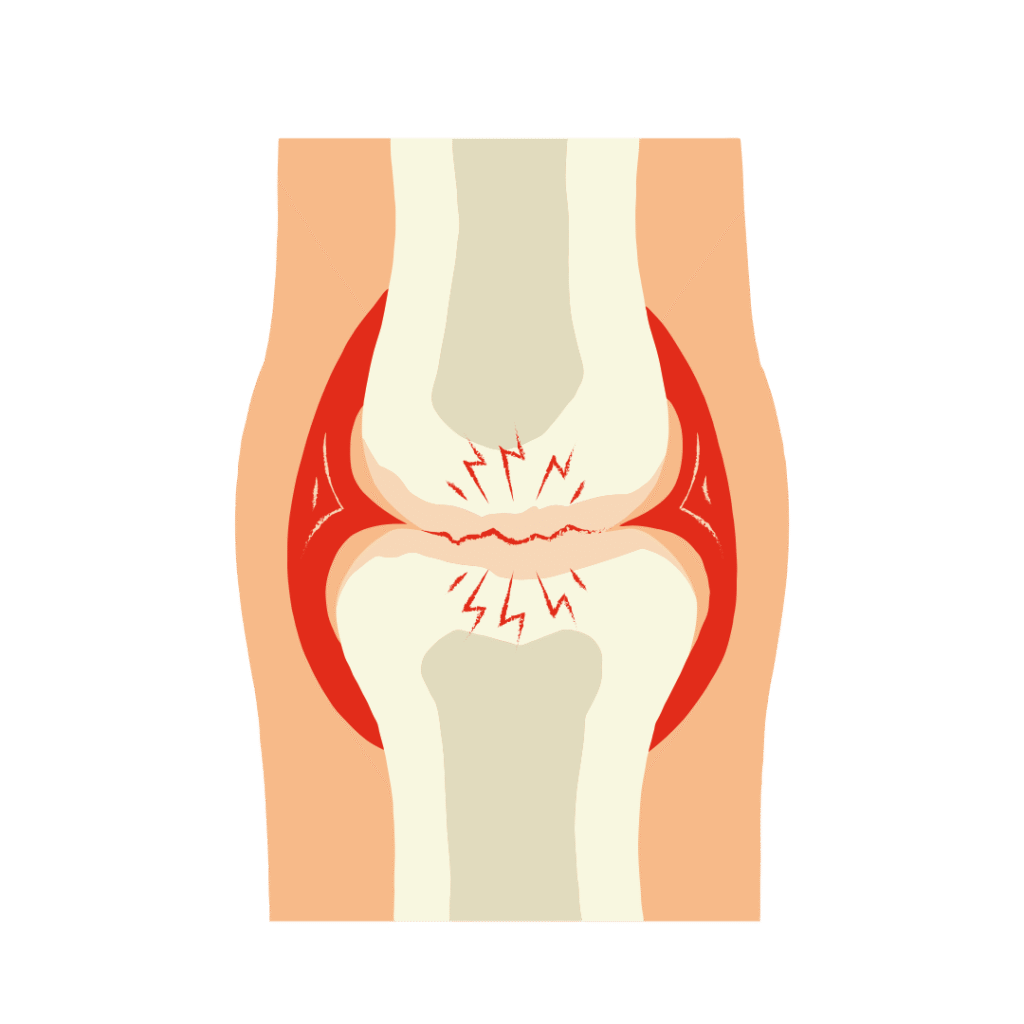
Diabetes
Pregnancy
Thyroid
Liver
Covid
Prostate
Fertility
Bone

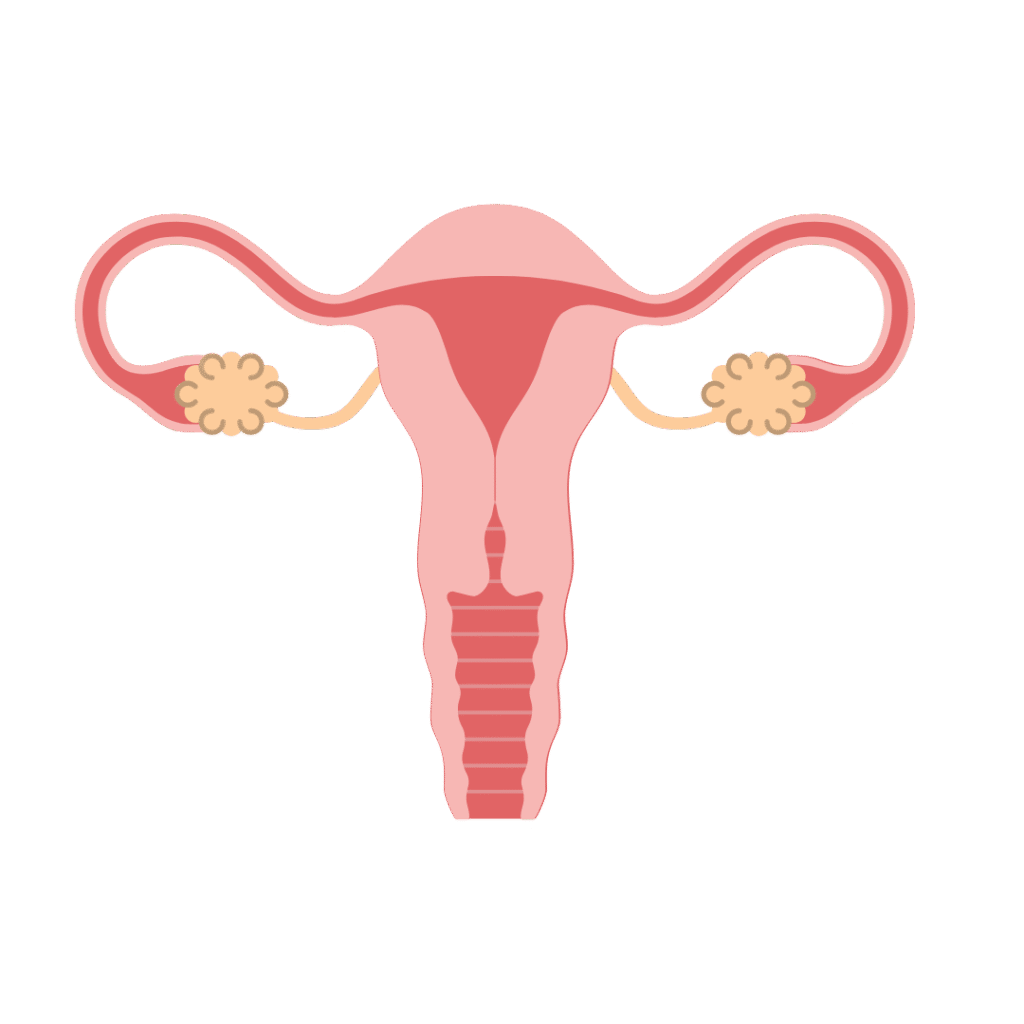
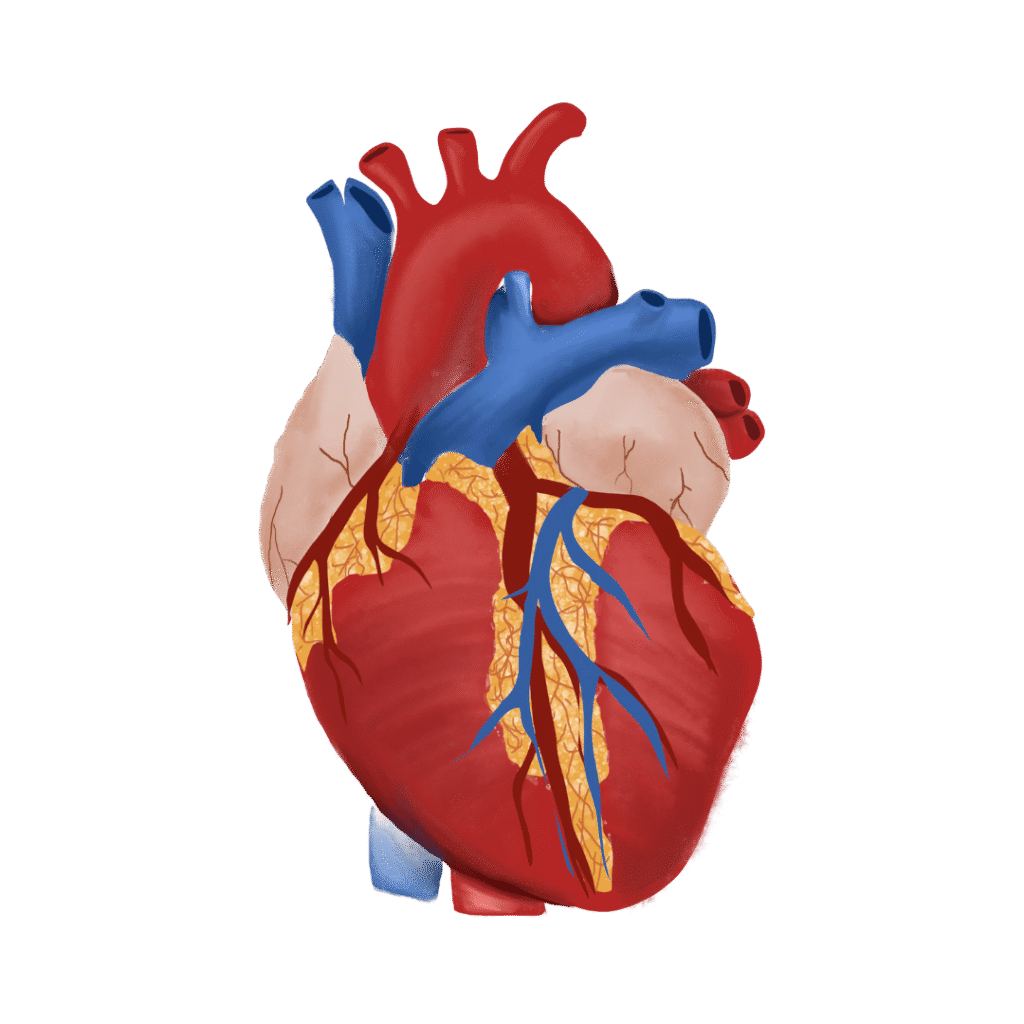
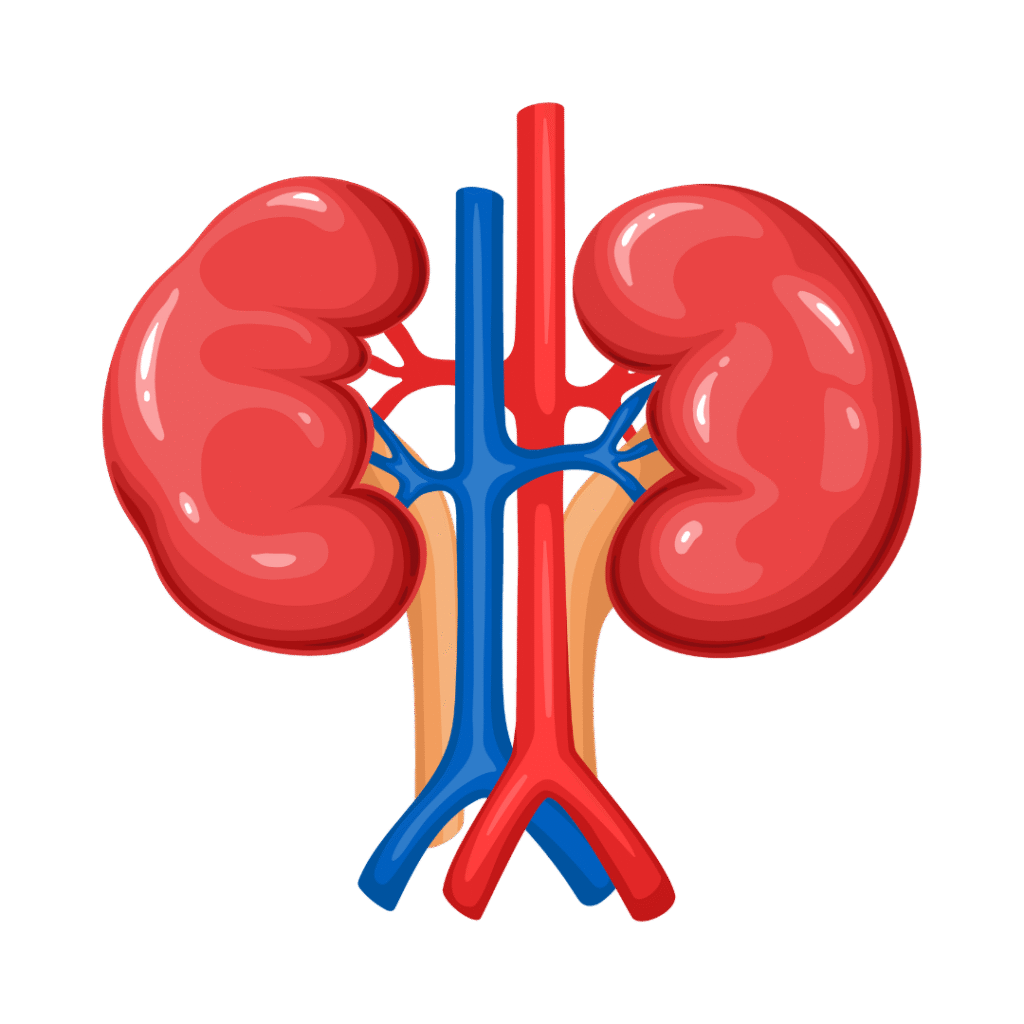
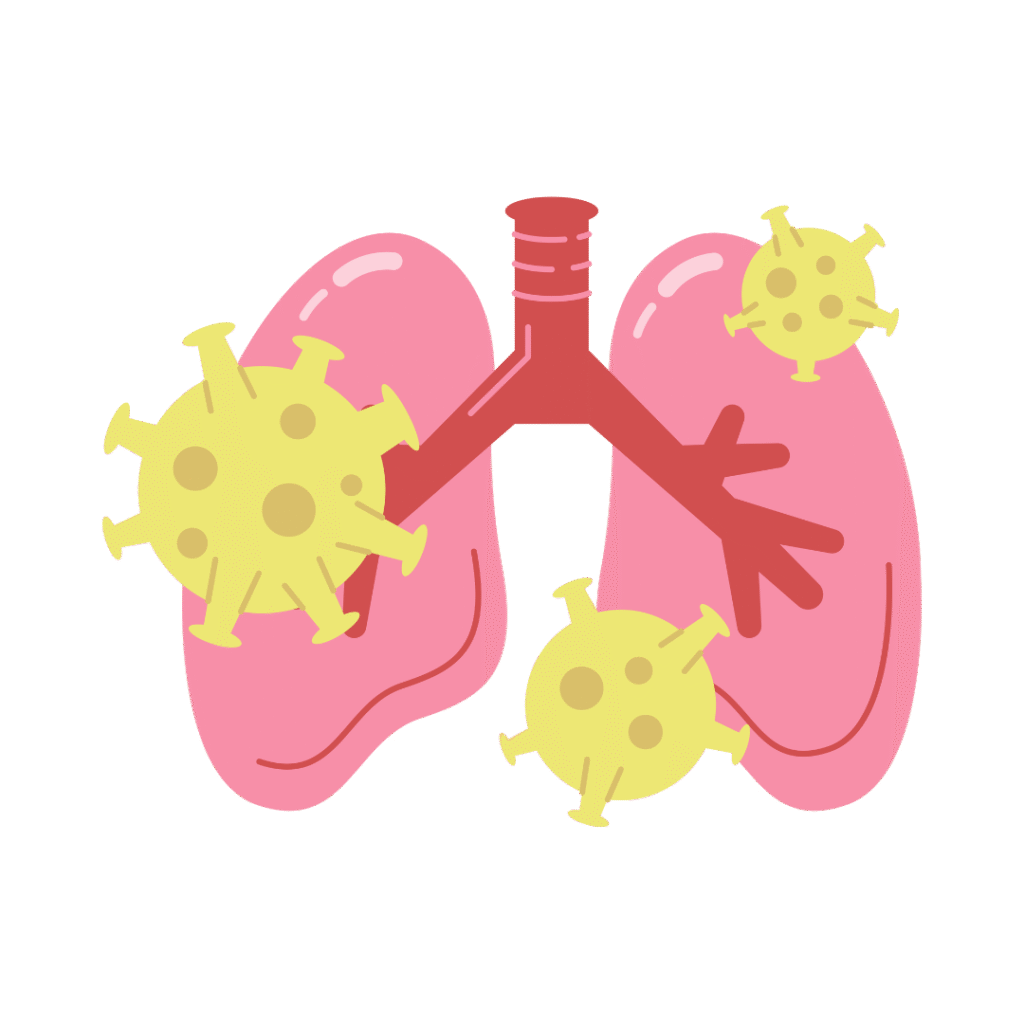


Gastro
Cervix
Heart
Kidney
cancer
breast
Vitamins
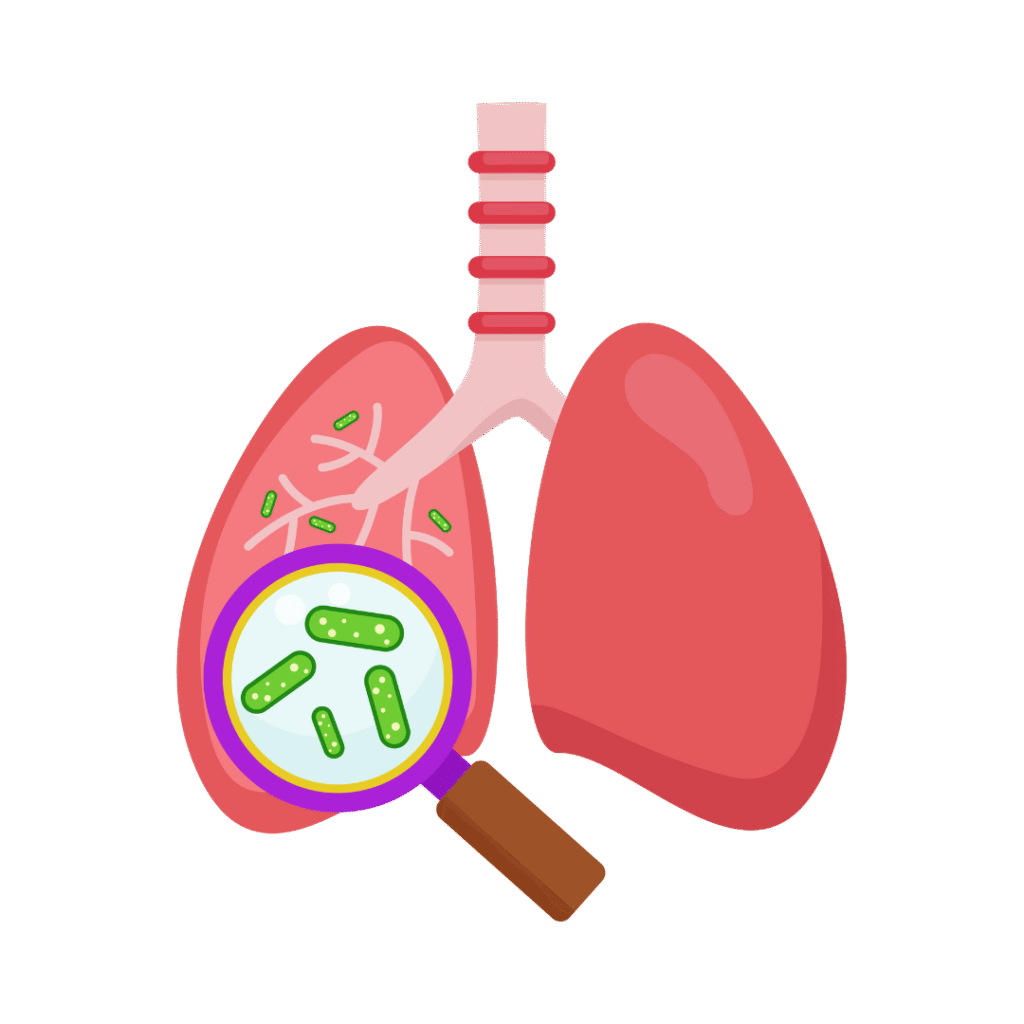
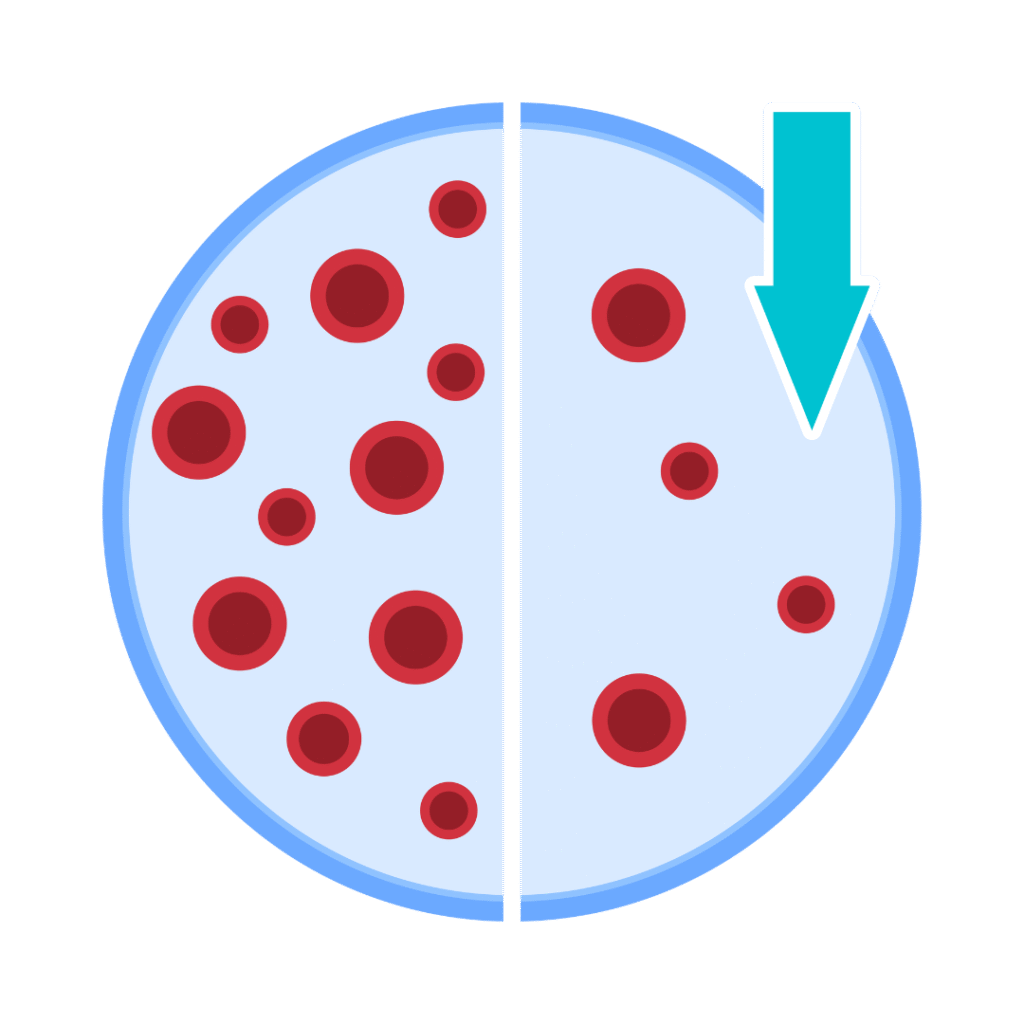
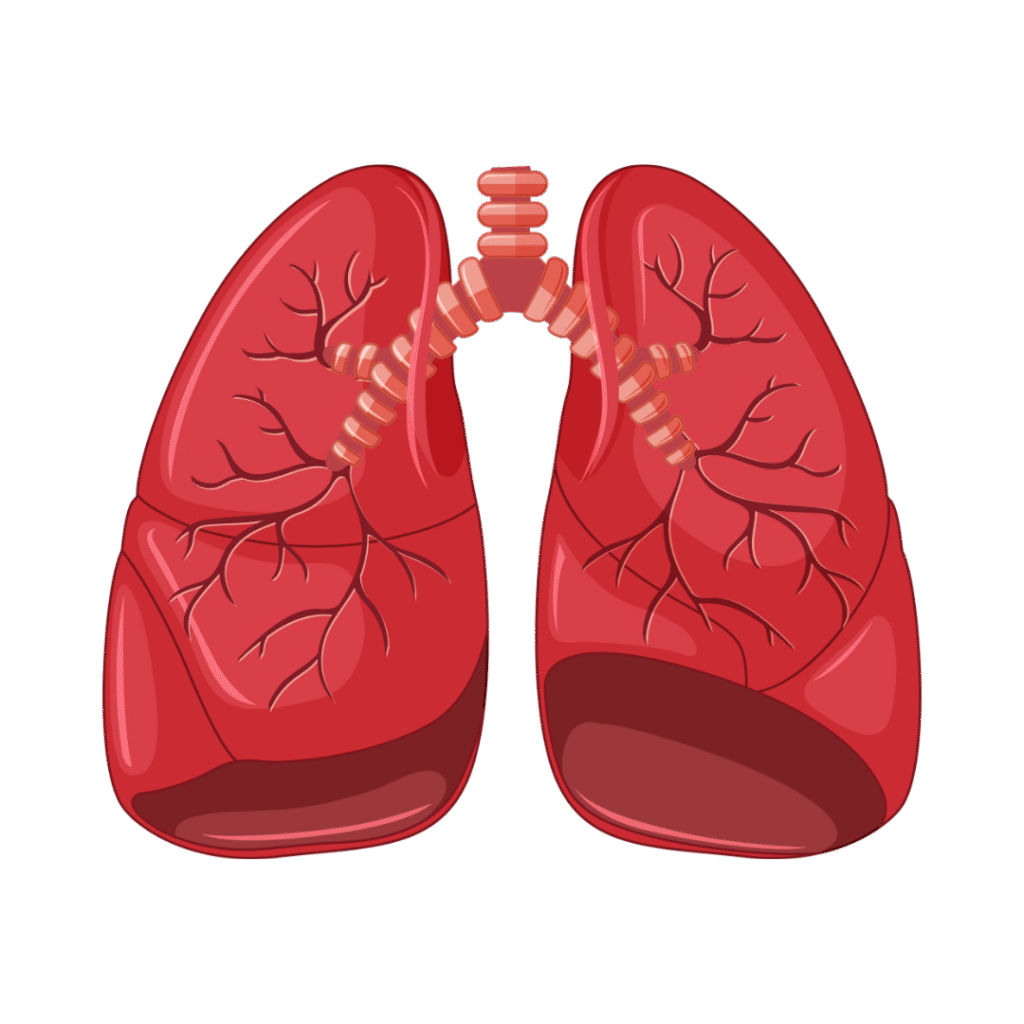
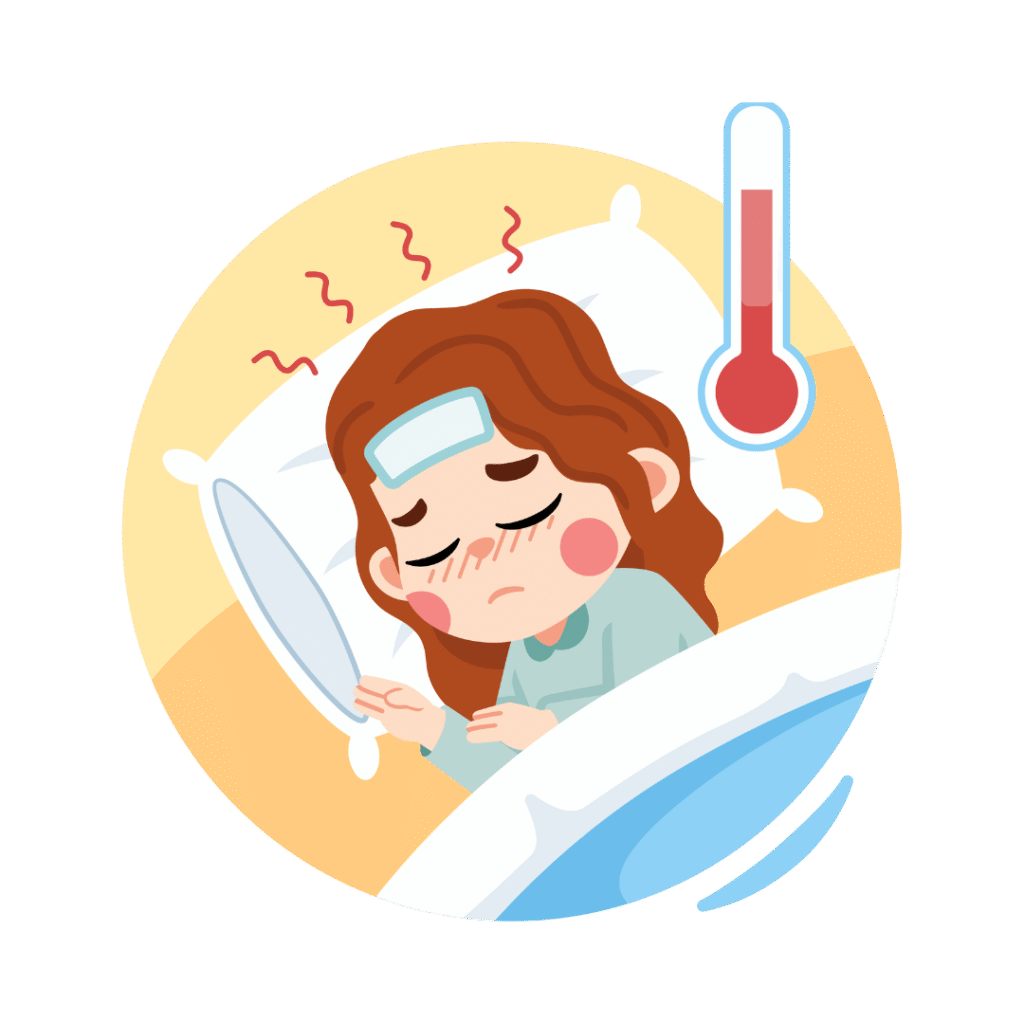

Tuberculosis (TB)
Anemia
Lungs
Fever
Allergy
Frequently Asked Questions
Biochemistry in diagnostics involves analyzing chemical substances and metabolic processes in the body, primarily through blood and urine tests, to monitor organ function and detect diseases.
Some key tests include:
Blood Glucose (FBS, PPBS, HbA1c)
Liver Function Tests (LFT)
Kidney Function Tests (KFT/RFT)
Lipid Profile (Cholesterol, Triglycerides)
Thyroid Profile (TSH, T3, T4)
Electrolytes (Sodium, Potassium, Chloride)
Calcium, Uric Acid, CRP, Vitamin D/B12
They help evaluate:
Organ function (liver, kidney, pancreas, thyroid)
Metabolic health (diabetes, lipid levels)
Nutritional status
Inflammatory conditions
Electrolyte imbalances
Yes, some tests like glucose, lipid profile, and certain vitamins require 8–12 hours of fasting. Your healthcare provider or lab technician will advise you.
A blood sample is taken from a vein using sterile techniques. For some tests, urine samples may also be required.
Most biochemistry test reports are available within 24 hours. Some parameters may be ready sooner depending on lab workload and urgency.
An abnormal result may indicate:
Organ dysfunction (e.g., high creatinine = kidney issue)
Nutritional deficiencies (e.g., low vitamin B12)
Hormonal imbalance (e.g., abnormal TSH)
Further tests and clinical correlation are often needed.
Absolutely. Regular biochemistry tests are vital in monitoring conditions like diabetes, thyroid disorders, hypertension, kidney and liver diseases.
Yes. Our lab uses automated analyzers and adheres to NABL/ISO quality protocols for highly accurate and reliable results.
Yes. Most basic and advanced health packages include biochemistry panels for routine health assessment and early detection of diseases.
